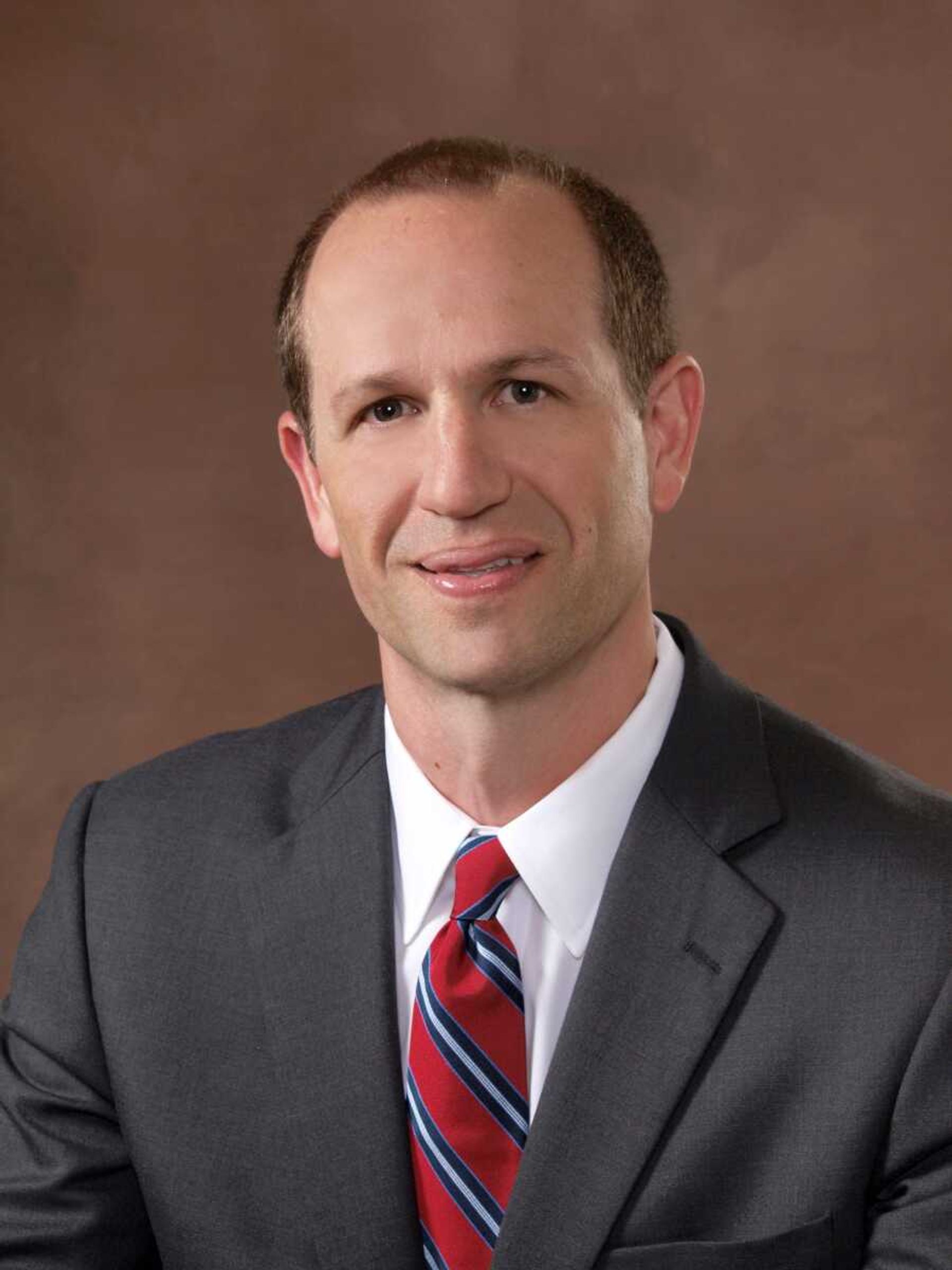Bariatric surgery options come to Cape
By Lori Trepasso We all know that to maintain a healthy body weight, we need to eat a nutritious diet that is low in fat, and we need to get at least a moderate amount of exercise. But for some people who have repeatedly tired these methods and been unsuccessful, bariatric surgery may be an option...
We all know that to maintain a healthy body weight, we need to eat a nutritious diet that is low in fat, and we need to get at least a moderate amount of exercise. But for some people who have repeatedly tired these methods and been unsuccessful, bariatric surgery may be an option.
Dr. Ryan Andrew LeGrand is now performing bariatric surgery at both Southeast Hospital and Saint Francis Medical Center in Cape Girardeau.
"I do the three main types of bariatric surgeries, which are the lap band, the sleeve and gastric bypass surgery," says LeGrand.
Patients must meet certain criteria before they are considered eligible for the surgery.

"A person has to have a body mass index (BMI) of at least 35 percent or greater and have at least one or two other risk factors such as high blood pressure, diabetes or cardiovascular disease," he says. "Or, a person must have a BMI of 40 percent or greater. In this case, no other risk factors are required. However, most patients with a BMI in that range usually have other risk factors as well."
A history of documented weight loss attempts are required by most insurance companies.
"This is kind of a broad area," says LeGrand. "Some insurance companies require five years of documentation while others may require up to 10 years. The attempts can be with the aid of diet pills or diet programs such as Weight Watchers or Jenny Craig."
Age isn't necessarily a factor when it comes to bariatric surgery options.
"I've done surgery on a patient as young as 18 and as old as 74," says LeGrand. "It really depends more on their overall health status and if the benefits outweigh the risks of the surgery."
Recuperation time is relatively short for all three surgery options.
"The surgery is done laparoscopically, so there are small incisions, which tend to heal more rapidly," says LeGrand. "With the lap band, patients go home the same day. With the other two [surgeries], there is usually a one-night stay in the hospital."
Patients are typically able to resume normal activity relatively quickly after the surgery.
"I always see the patient one week after they've had the surgery," says LeGrand. "They may feel a little extra tired for awhile, but if things look good, they can usually resume regular activity, including going back to work and working out, about one week after the surgery."
Patients are typically referred to LeGrand by their primary physician, but they can also gather information at his monthly seminars.
"I conduct informational seminars at both hospitals," says LeGrand. "I rotate hospitals each month, and prospective patients can get things started there. They do need to provide a document from their primary physician stating that there is a need for the surgery."
Insurance coverage on the bariatric surgery procedures varies depending on the insurance company and the circumstances.
"It's kind of hit and miss at this point," says LeGrand. "But we're working on that and things are improving there. We get a lot of denials and do repeals, and that type of thing."
LeGrand, who has performed approximately 40 bariatric surgeries since he began practicing in Cape Girardeau in September, is already seeing significant results in patients.
"I've got some patients who have lost between 80 and 100 pounds," he says. "Some patients have been able to cut back on their medications for high blood pressure or diabetes, and some patients have been able to go off those medications completely."
Connect with the Southeast Missourian Newsroom:
For corrections to this story or other insights for the editor, click here. To submit a letter to the editor, click here. To learn about the Southeast Missourian’s AI Policy, click here.










